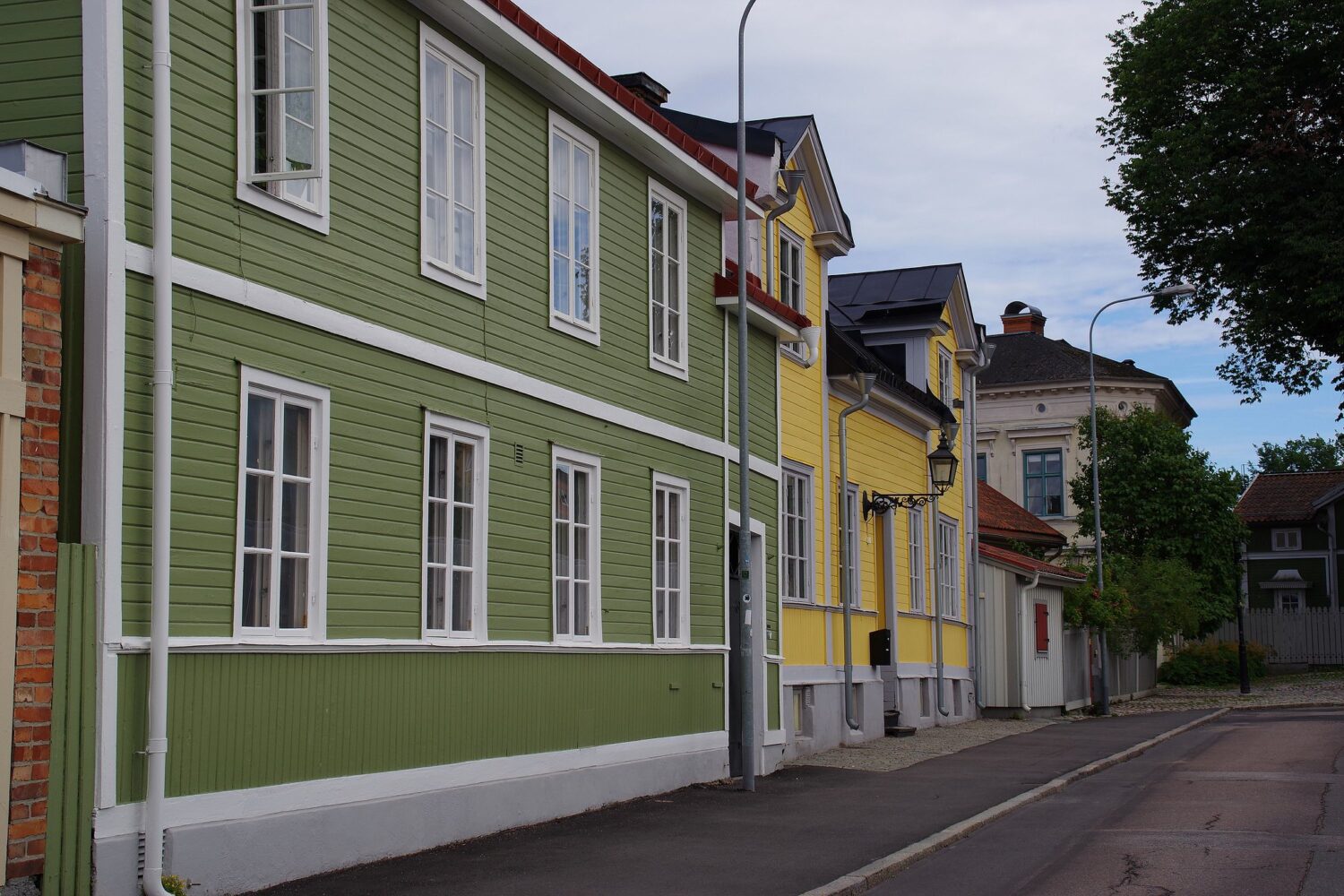Going east from Eden
The Nordic welfare model has been under attack for decades. What’s left of it shows that it works, writes Emma Fastesson Lindgren
The Nordic countries are often hailed as a model of success, where good governance, strong economies, and progressive social policies come together to create a high quality of life. Countries like Sweden and Denmark offer universal healthcare, free school meals, generous parental leave, and tuition-free university education, all of which contribute to their citizens’ wellbeing. Trust in public institutions is notably high, and the region is home to some of the world’s most influential companies, including H&M and Carlsberg. This combination of social stability and innovation has led many to view Scandinaviaas a benchmark for excellence.
However, the Nordic model has been eroded significantly over the past few decades. This article will focus on Sweden, the largest country in the region, where much of the old Nordic model remains intact. Even here, though, the dismantling of long-held norms and rights is well underway. My aim is to illustrate some of the biggest challenges connected to the dismantling of the Nordic model. My hope is that this reflection will serve as both a vindication of the model and a warning to the left across the globe.
Take education. In 1996, when I was born, Sweden’s education system was one of the best and most equitable in the world. Today, however, we have the only school system that allows private companies to profit from tax-funded education. This shift toward a neoliberal model, introduced in 1994, has drastically altered the structure of education in Sweden and eroded trust in its institutions. Private, profit driven high schools in Sweden have been known to inflate grades to attract more students. As a result, the quality and fairness of education have been compromised, and the prestigious Stockholm School of Economics has implemented its own entrance exam to better assess students ‘abilities beyond their high school grades.
Healthcare in Sweden has also seen the increasing encroachment of private interests. While some of these organizations are not profit-driven, many are. In some regions, market forces are allowed to dictate planning rather than responding to actual need. The focus on profit and market-driven decisions has left those who need care the most with fewer resources and inadequate services. The opportunity for private individuals to own and profit from the welfare system has even led to criminal infiltration. Today, individuals connected to organized crime are owners of primary healthcare centres and judicial buildings. Some also own facilities that care for young offenders, using these care homes as a means to recruit vulnerable youths into deeper involvement with crime.
Across the country, public services have been scaled back and relocated further from the people who need them most. At the same time, Sweden has experienced significant migration and struggled with poor integration, leading to high unemployment in certain areas. Taken together, along with globalization and an ineffective police force, these changes have created a toxic mix, fueling major social challenges. For example, since 2010, Sweden has seen a sharp increase in gang related shootings and bombings. In January of this year alone, there were 32 bombings and 11 shootings. In the past, gangs primarily recruited from their local areas, but today, police reports indicate that many recruits are young people online. The number of children under 15 involved in murder cases has doubled since last year. No country can claim to have a well-functioning model when 13 to 15-year-olds are choosing to shoot, bomb, and murder others.
So, what can Britain learn from Sweden’s experience? The simplest explanation of Sweden’s problems – that they have arisen in response to, and in proportion to, Sweden’s departure from social democracy – is the correct one. One of the key lessons is to avoid allowing private, profit driven companies to infiltrate the publicly funded system. Additionally, taxes are important. Sweden has seen a dramatic decline in its tax rate – by 16 percentage points since 1996. It is no surprise that the state has lost control of its systems when there is less funding to maintain quality services. A well-functioning welfare state costs money and demands democratic control.
In the Nordic countries and in the UK, governments need to return to basic social democratic principles. Markets are good at what they do – generating profit. But the welfare state should focus on its core strength: fostering an equal society with opportunities for all. This is how you create a society based on trust and merit with a high quality of life – as the Nordic countries used to have.
Image Credit: Lars Holmberg via flickr

